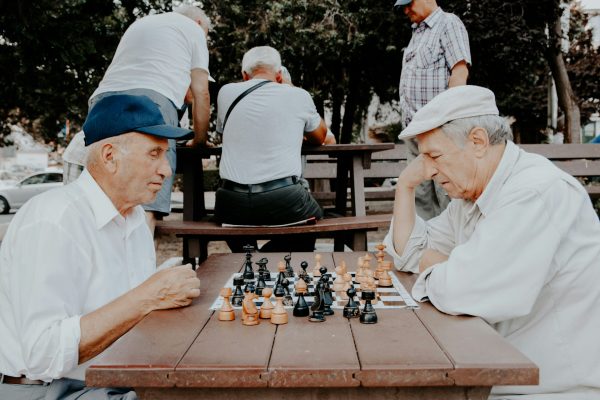As cliché as it sounds, I “discovered myself” and came out as gay very soon after starting school at my very-queer liberal arts college. Because of this, I was like a kid in a candy store: there was so much to experience and so much to learn. All of a sudden I had a new identity I was proud of, and it shaped what I learned and how I learned. At the most basic level, it affected what classes I took and what subjects I chose to write my essays on.
My studies in college focus on mainly humanities—you know those vague subjects that don’t have answers like “the area is 2.468 ft” but have discussions or discourses that conclude with phrases like “these problematic trends in gender stereotyping are sadly inherent in a capitalist society.” Fields of study in the humanities include art history, philosophy, women’s studies, religion, mythology, and the fine arts. The subjects I focus most on are English Literature and History (aka most of my homework assignments including reading old books or essays, memorizing dates and passages, and writing long papers proving a thesis about some vague principle or pattern).
Although I had studied humanities my entire life, once I got to college and came out as gay, I looked at these subjects in completely different ways. I started looking for examples of queer motifs, experiences, characters, figures in history, or events. I did research, I read books, I asked questions all pertaining to the gay human condition, something I was coming to terms with myself.
When it came time to choose essay topics for my classes, I always found myself inadvertently gravitating towards those about sexuality, gender politics, or gay experiences in history and literature. To me, I was just writing essays about what I was interested in. I didn’t even realize that they were all focused on queer themes until one day, after telling my mother about one of my essays, she said: “Is sex all that you write about??” I answered “well…no. I write about other things, too. I just have a lot to say about sex and gender and sexuality I suppose.” It was then that I realized that basically every paper I had written my entire freshman year was something to do with being gay.
My essay topics ranged from an analysis of gay male supporting characters like Horatio in Hamlet or Henry in Frankenstein to a discussion of how homosexuality and sex politics affect the characters in The Picture of Dorian Gray, to a historical overview titled The Relationship between Men’s Fashion and Homosexuality in Victorian Britain. Regardless of the subject, I seemingly found some way to write about the gay male experience. This is not something I regret; in fact, I am proud of it. My studies helped me come to terms with my new identity, helped me accept who I am. By learning and writing about other queer people and characters I learned that I was not alone and that others had gone through what I was experiencing. By relooking at my studies in humanities with a critical, queer lens I learned a lot about myself, taught myself a lot about being queer, and expressed my new identity.






